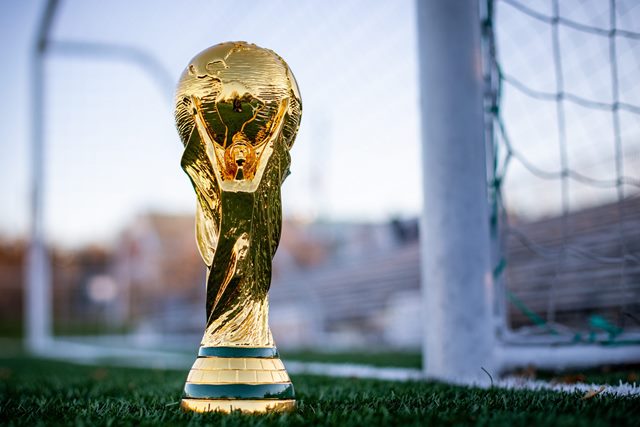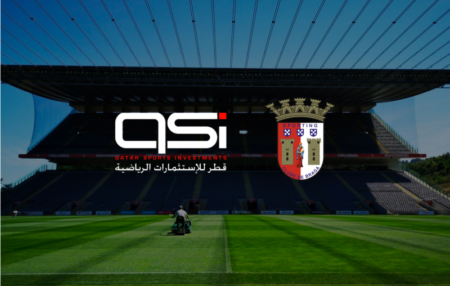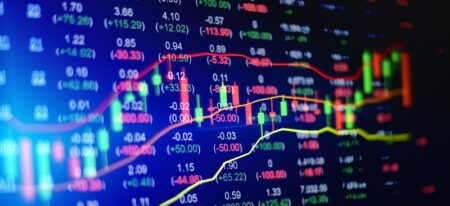The interplay between free economies in the West and the evolution of modern football is a compelling narrative of how economic principles have deeply influenced the sport’s development. This relationship has manifested in various facets of football, including club ownership, player transfers, sponsorship agreements, and broadcasting rights, profoundly affecting the game’s global landscape. Through this exploration, we also subtly weave in the concept of the relations between sports management and financial market strategies like investing and trading and why even football clubs might be interested in financial concepts, for example why trade indices , individual stocks and other financial instruments.
Evolution of Club Ownership
The transformation in football club ownership within Western free economies signifies a major shift from traditional, community-centric models towards more privatized and globally funded entities. This influx of private investment has introduced a new era of financial capability, enabling clubs to enhance infrastructure, develop talent academies, and attract global stars. The strategic decision-making and financial management involved in running a football club today draw parallels with trading in financial markets, emphasizing the importance of market understanding and investment acumen.
Dynamics of the Transfer Market
Economic liberalization has also reshaped the player transfer market, making it a vibrant and dynamic component of the football economy. The ease of player mobility across borders mirrors the flow of capital in free markets, where flexibility and strategic movement are key to capitalizing on opportunities. Football clubs, much like investors in financial markets, must navigate these dynamics skillfully, balancing their squads with prudent financial investments to maintain competitive and financial health.
Related: ‘Sport Can Build ₦2 trillion Economy For Nigeria’ —CEO Sports Nigeria, Obi
The Role of Sponsorship and Broadcast Rights
The surge in lucrative sponsorship and broadcast rights deals is a direct outcome of deregulated media markets and digital broadcasting innovations. These developments have expanded football’s global footprint, attracting diverse revenue streams through international brand partnerships and media deals. This global commercial strategy mirrors the approaches of multinational corporations in free economies, leveraging wide-reaching platforms for maximum exposure and profit.
Financialization of Football
The commercial sophistication within modern football reflects its financialization, mirroring broader economic trends seen in free economies. Football clubs have adopted financial instruments and practices, such as bond issuances and share trading, underscoring their identity as major commercial enterprises. This financial acumen, akin to the strategic planning seen in financial trading, highlights the importance of financial literacy, risk management, and strategic investment in ensuring the sport’s commercial success and sustainability.
Navigating Challenges
Despite the benefits brought by the principles of free economies, the football world faces challenges such as financial disparities between clubs, sustainability concerns, and the erosion of traditional community values. These issues underscore the need for a balanced approach that honors the sport’s heritage while adapting to the opportunities and challenges of a globalized market economy.
The influence of free economies on modern football illustrates the profound impact of economic principles on the sport. From the evolution of club ownership to the complexities of the transfer market, and the financialization of the sport, these changes reflect wider trends in global markets. As football continues to evolve within this economic framework, understanding the principles of financial markets, such as how to trade indices, becomes increasingly relevant, offering insights into the strategic and financial underpinnings of the sport. This synergy between economics and football not only enhances our understanding of the game but also highlights the complexities of operating within a global free-market system, revealing the multifaceted relationship between sport and economy.
Got what it Takes?
Predict and Win Millions Now








